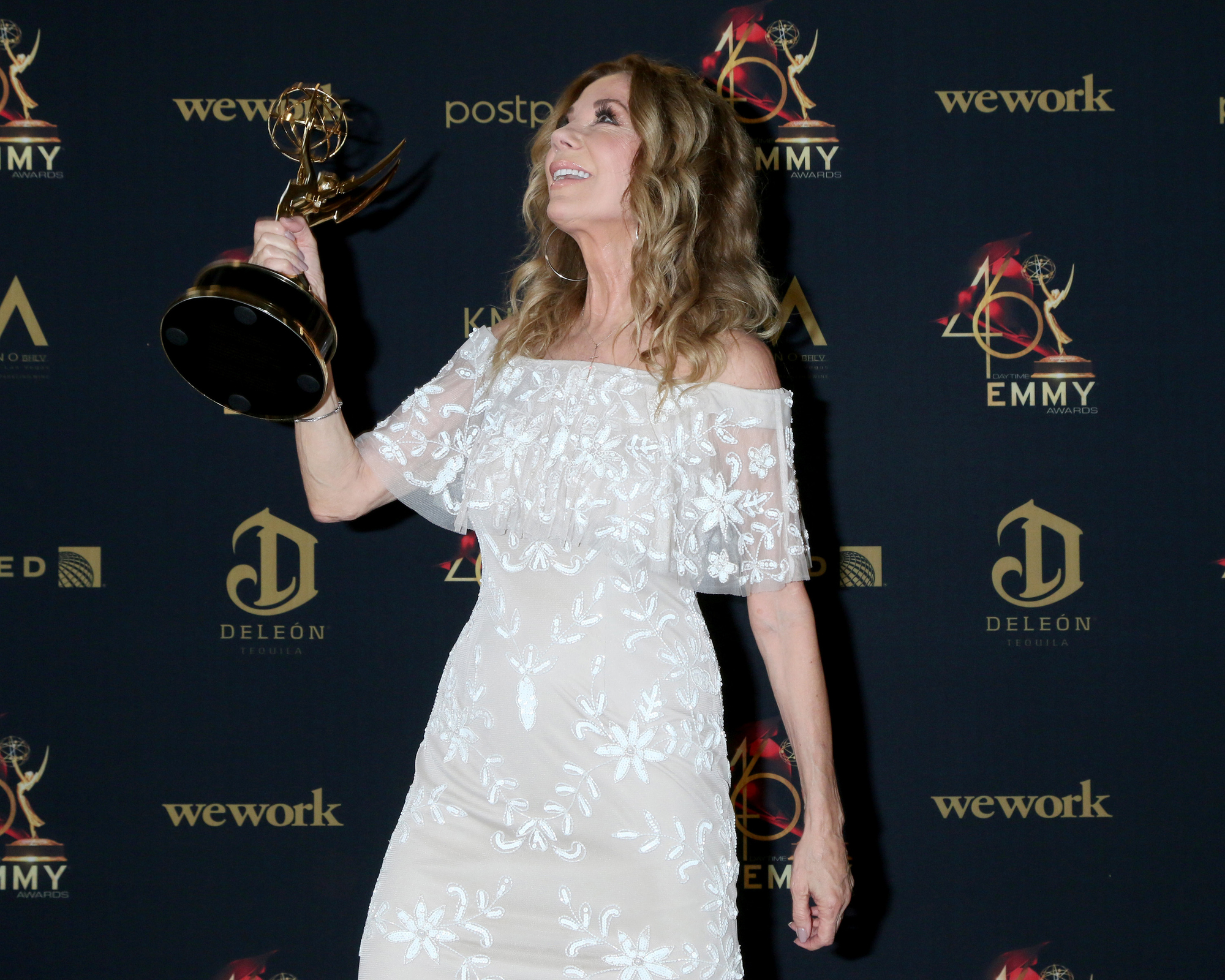Betting Tips for the Emmy Nominations: What Critics vs Viewers Predict

The Emmy Awards, television’s most prestigious honour, are a subject of fervent speculation long before the nominations are even announced. For those looking to place a friendly wager or simply gain an edge in their office pool, understanding the often-divergent perspectives of critics and viewers is key. While both groups are passionate about television, their prediction patterns can differ significantly, offering a fascinating glimpse into what shapes Emmy buzz.
The Critic’s Crystal Ball: An Eye for Artistry and Innovation
Television critics, by trade, consume a vast amount of content, often with an eye towards artistic merit, innovative storytelling, and boundary-pushing performances. Their predictions, frequently published in major entertainment outlets and industry trades, are typically informed by several factors. These include early access to screeners, industry buzz picked up from festivals and “For Your Consideration” (FYC) events, and a historical understanding of the Television Academy’s voting patterns.
Critics often champion shows that might be considered “prestige television” – series that tackle complex themes, feature nuanced characters, and showcase exceptional craftsmanship, even if they don’t always boast the highest viewership numbers. They might highlight a breakout performance in an under-the-radar series or praise a show for its daring narrative structure. However, this focus on the art form can sometimes lead to predictions that overlook broadly popular shows which, while entertaining, may not be perceived as critically groundbreaking.
The People’s Voice: Popularity, Passion, and Online Pulse
Viewer predictions, on the other hand, are often a reflection of popular taste, emotional connection, and widespread appeal. Gauging viewer sentiment involves looking at a variety of sources. Online polls hosted by entertainment news sites and fan communities offer a direct, albeit sometimes self-selecting, measure of what resonates with the public. Social media platforms like X, Reddit, and Facebook become vibrant hubs of discussion, with trending hashtags and impassioned fan campaigns often indicating strong viewer support for particular shows and actors. Nielsen ratings, which measure viewership, also provide a quantitative look at what audiences are watching, though high ratings don’t always translate directly to Emmy nominations.
Viewers tend to rally behind shows that are highly entertaining, culturally relevant, or feature beloved characters and actors. Sometimes, this can lead to a push for shows that critics might deem less sophisticated, but which have undeniably captured the public imagination. The “snub” narrative – where a popular show or performer is overlooked by the Academy – often originates from this disconnect between broad appeal and critical or industry recognition.
Where Predictions Collide and Converge: Finding the Betting Sweet Spot
The most interesting, and often most challenging, aspect of Emmy nomination betting lies in the space where critical acclaim and viewer popularity intersect – or dramatically diverge.
The Overlap
Often, shows and performances are so undeniably excellent that they garner both critical praise and widespread public adoration. Think of series that become cultural phenomena while also being lauded for their writing, directing, and acting. These tend to be safer bets for nominations.
Critics’ Darlings vs. Fan Favourites
This is where the real gamble lies. A critically acclaimed but low-rated niche show might be a strong contender based on critics’ predictions, while a massively popular genre show with a devoted fanbase might be the viewers’ choice. The Television Academy voters, a mix of industry professionals, can lean either way, or forge their own path.
The “Snub” Factor and Surprise Inclusions
Sometimes, the buzz around a potential “snub” can itself influence the conversation, though it’s hard to say if it sways voters. Conversely, unexpected nominations can occur when a show or performer gains late momentum or benefits from a particularly effective FYC campaign. The increasing volume of content across broadcast, cable, and streaming platforms further complicates predictions, making it harder than ever to anticipate every contender.
Genre Biases
Historically, certain genres (like sci-fi or fantasy) have had a tougher time breaking into major categories compared to traditional dramas and comedies, though this has been slowly changing. Viewers might champion these genre shows more passionately than critics, who might compare them against a different set of artistic benchmarks.
Strategies for the Savvy Bettor
So, how does one leverage this understanding for betting on Emmy nominations?
- Consult a variety of sources
- Consider the “industry” angle
- Look for “For Your Consideration” momentum
- Identify potential spoilers and long shots
- Track previous patterns (but expect surprises)
Ultimately, predicting Emmy nominations is an inexact science, a blend of analysing critical consensus, gauging public sentiment, and understanding the enigmatic preferences of the Television Academy. By considering the distinct, and sometimes overlapping, viewpoints of critics and viewers, you can make more informed guesses and, perhaps, come out ahead in your Emmy betting endeavours. The real win, of course, is the engaging journey through another year of exceptional television.






